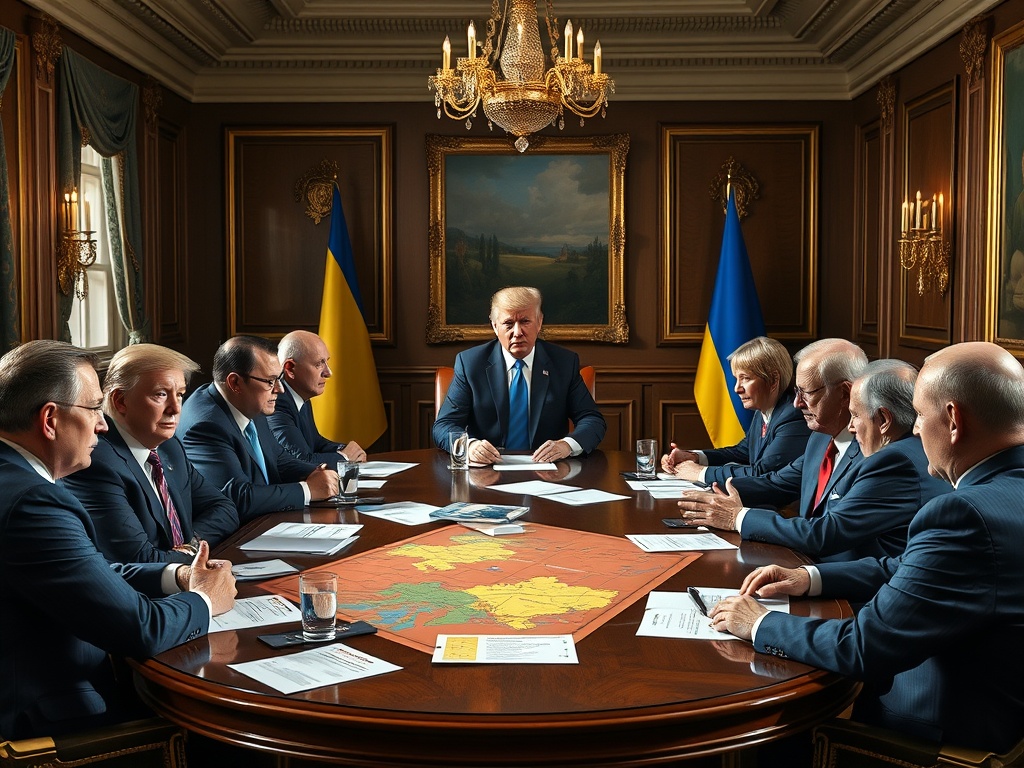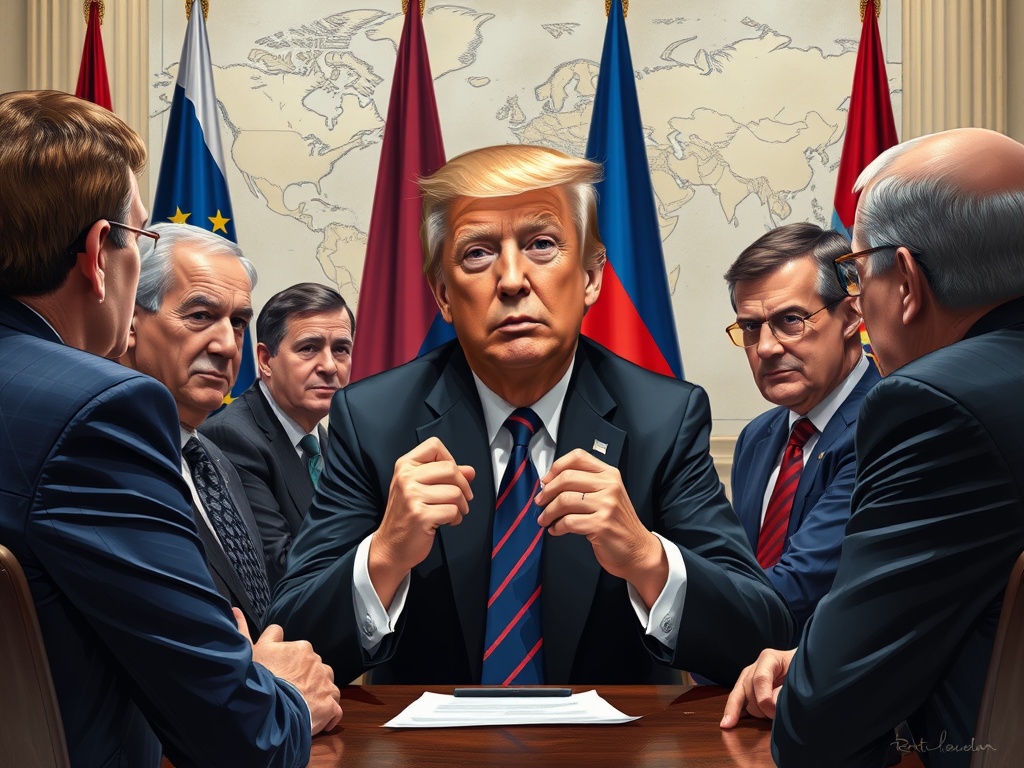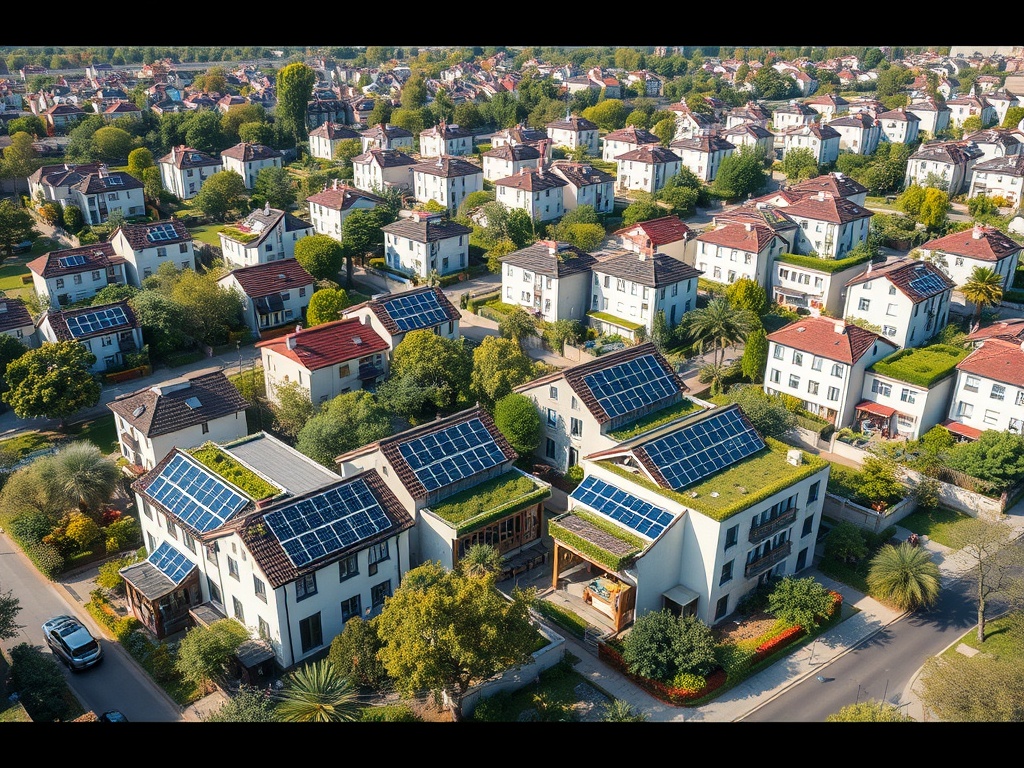Trump’s Controversial Remarks on the Ukraine-Russia Conflict

Former President Donald Trump has recently stirred controversy among European and Ukrainian leaders by suggesting that Ukraine bears responsibility for initiating the war with Russia and has failed to negotiate a resolution over the past three years. This perspective is not only misleading but also overly simplistic, mirroring the narratives presented by European leaders who now accuse Trump of abandoning Ukraine in its time of need.
The conflict began on February 24, 2022, when President Vladimir Putin ordered the invasion of Ukraine, under the misguided belief that a swift victory was imminent. In stark contrast to this expectation, the invasion turned into a humiliating failure, resulting in a protracted frontline that extends hundreds of miles across eastern Ukraine.
Both Ukrainian and Russian forces have engaged in fierce fighting, leading to a stalemate reminiscent of the trench warfare seen in historic battles like Verdun. This brutal conflict has resulted in the tragic loss of over one million lives, with countless others maimed on both sides.
Disputes over who instigated a war are often endless and inconclusive, as each party argues that their aggressive actions were merely reactions to provocations from their adversaries. The complexities surrounding the causes of the First World War, for instance, remain debated even a century later. This does not imply that blame is evenly distributed; rather, it highlights that the motivations and forces driving combatants in serious conflicts must be acknowledged if any hope for peace exists.
When examining the situation in Ukraine, particularly over the past decade, it is easy to identify Russia as the aggressor. However, if we broaden our perspective to include the last 30 years, following the dissolution of the Soviet Union, many analysts had anticipated that Russia would likely react militarily to a perceived threat from a hostile Ukraine backed by NATO.
Historically, Russia’s position as a great power has hinged on the notion that Ukraine should not fall under the influence of its enemies. This sentiment dates back to the era of Peter the Great, who decisively defeated Charles XII of Sweden at the Battle of Poltava in 1709, a pivotal moment in Ukrainian history.
Trump’s assertion that a ceasefire could have been negotiated earlier in the conflict raises an important question: could lives have been saved? Towards the end of 2022, General Mark Milley, the chairman of the US Joint Chiefs of Staff, indicated that the war had reached a stalemate and that Ukraine was at a peak position, suggesting it was time to pursue diplomatic solutions. However, his call for peace was quickly dismissed by the Biden administration, though his assessment has proven to be prescient.
European leaders are now grappling with the repercussions of their unrealistic objectives in the war. They initially portrayed the Russian military as a formidable force threatening central Europe, akin to the Soviet Red Army during the Cold War. Simultaneously, they maintained that Ukraine could envision a military victory that would reclaim Crimea and the Donbas region. This dual narrative was unrealistic, and Ukraine’s counter-offensive in 2023 ultimately faltered.
- Critics of Trump argue that he has betrayed Ukraine by conceding that the goals of regaining territory lost in 2014 and joining NATO are unattainable.
- However, Trump’s straightforward approach challenges the delusions that these ambitions were ever realistic.
European leaders have largely avoided confronting the contradictions in their stance, as critical decisions regarding Ukraine have been primarily made in Washington, where President Biden’s perceived cognitive decline may have contributed to a lack of diplomatic engagement.
The United States and its NATO allies have failed to articulate a coherent policy not only towards Ukraine but also regarding Russia. In the absence of a definitive Russian military defeat, Western leaders must contemplate Russia’s role in any future European order. Resolving this issue is no simple task, but it is essential for establishing long-term security and sovereignty for Ukraine.
It is crucial to remember that approximately 40 percent of the European landmass is within Russia, making it an undeniable factor in European geopolitics. Once the long-term status of Russia in Europe is clarified, the crisis in Ukraine may find a pathway to resolution. Conversely, if this matter remains unresolved, any ceasefire in Ukraine is likely to be unstable and temporary.
Dismissive remarks about Trump being manipulated by Putin are naively simplistic. Likewise, proposals from figures like Sir Keir Starmer, suggesting the deployment of British troops to Ukraine contingent on guaranteed American military support, have been characterized as unrealistic. Experts remark that Russia has made it clear that it will not tolerate NATO forces on Ukrainian soil, while the US remains firm in its commitment to avoid direct military involvement.
Instead of continually deriding Trump, European leaders would be better served by emerging from their frequent summits with a realistic and achievable peace plan.




